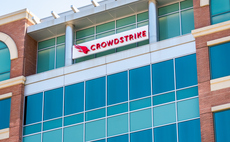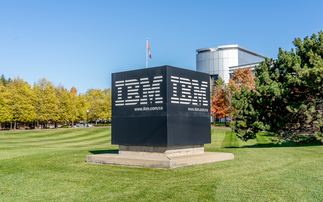Fruity vendor still comfortably in the lead but Korean rival gains much ground as tablet sales show no sign of slowing down
The market share gap between Apple and Samsung in the tablet space has narrowed by 25 points in the last year. But whatever the name on the label, the tactile devices continue to fly off the shelve...
To continue reading this article...
Join CRN
- Enjoy full access to channelweb.co.uk - the UK’s top news source for the IT channel
- Gain the latest insights through market analysis and interviews with channel leaders
- Stay on top of key trends with the Insider weekly newsletter curated by CRN’s editor
- Be the first to hear about our industry leading events and awards programmes
Already a CRN member?










